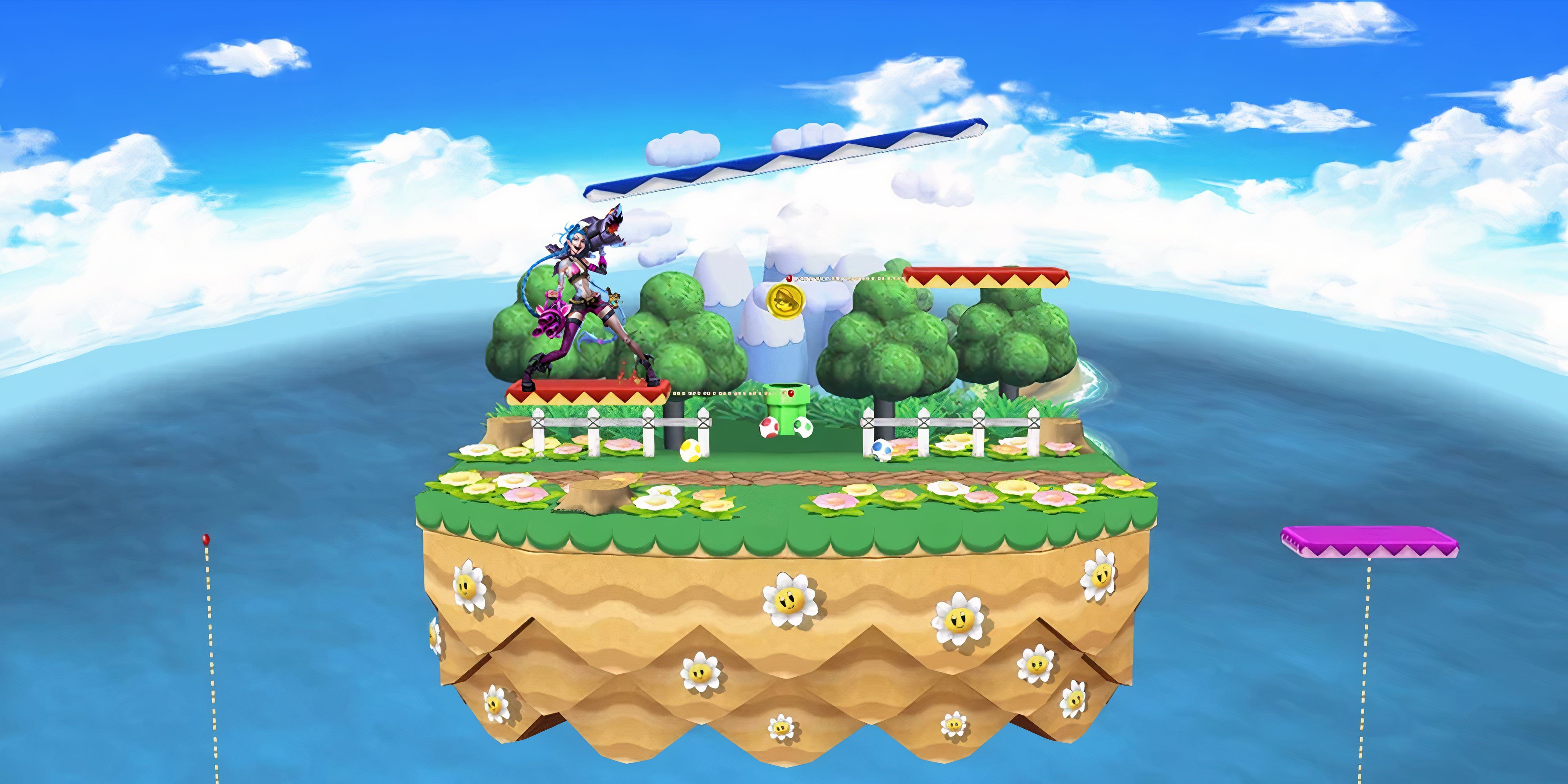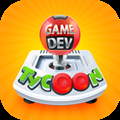Riot's Pool Party Is The Latest In A Long Line Gaming's Worst Trend

Summary
- Riot cancelled Pool Party after seeing MultiVersus flop.
- But it was only ever conceived as a way to cash in on Smash Bros. popularity
- That line of thinking rarely leads to good, or successful, video games
News emerged this week that Riot has cancelled Pool Party, the upcoming League of Legends Smash clone. It's hard to know exactly how to feel. On the one hand, games development is a harsh, often thankless environment, and the landscape looks as bleak now as I can remember it, so I’m always going to be sympathetic to those laid off. On the other, at no point did this sound like a game anybody anywhere would want to play. A harsh truth: I will never root for a game whose philosophy is 'this popular game, but this time we get the money'.
I am sure some of the people who worked on Pool Party added some personal craft to it. The creatives in this field have to have that spark of love inside them, even if that spark is rarely nurtured or rewarded. But ultimately, no one would have been excited about this idea. It was not born of inspiration, but of pie charts and cold hearts wrapped in expensive suits dreaming of stable cash flow. This is not how you create art.
Riot Wants To Cash In On League Of Legends
I felt the same mix of sympathy and relief when Hyenas was cancelled - Sega's 'Overwatch but we get the money'. And then again when Life By You was scrapped - Paradox's 'The Sims but we get the money', a game so shameless in its attempt to be an already successful game that it hired the man most responsible for making The Sims a success in the first place. If people get fired then I will be sad because it is sad when people lose their jobs. But I'm not sad that a League of Legends Smash clone will not exist. Why would anybody be?
The report claimed Riot's decision to pull the plug was motivated by MultiVersus. Warner Bros. own attempts at a Smash clone hit the ground running in its early access launch, buoyed by its cast of iconic characters and the void left by Smash having run its course in the public eye after five years of continued dominance. But missing roadmap deadlines, a growing frustration with the game's shortcomings and lack of features, and it was ripped out of players' hands (some of whom had paid a $100 to own it) for a year to be cooked through.
When it came back, the enthusiasm dampened even faster with limited modes, heavy emphasis on grinding, and spending money, while the new characters lacked the 'wow' factor the original cast had. As a result, it slumped back into obscurity almost immediately. It's clear there was an appetite for a game like MultiVersus, but the rollout killed it. A few years ago, you would have gone to the store and bought a full platform fighter game with Warner Bros. characters, liked it, and then two years later bought the full sequel that improved it. But audiences have been trained to demand endless content, and when games release half-finished and promising endless updates, they're probably right to.
'Put it in a box' is not a guaranteed route to success either, as proven by the duds of Nickelodeon All-Star Brawl and Nickelodeon All-Star Brawl 2. Smash is just a hard game to compete with.
Too Many Games Take Success For Granted
I don't know how good Pool Party would have been, but I don't really care. Yes, games have always borrowed from each other and many great games are born from 'hey we should do that', but there has been a fundamental shift. It is no longer creatives saying 'that gives me a cool idea, what if we did that, but with this twist', it's studio executives saying 'this makes money, make us one'. It strips away a key layer of innovation and desire that leaves so many games feeling sterile.
League of Legends is a huge property, but it’s very insular. Despite the massive playerbase (and money it generates), LoL characters aren't household names. The Arcane series on Netflix shows League is capable of branching out, but most of its other attempts to push into the mainstream have fallen short. Pool Party won't even get the chance to try, but there's a part of me that feels it's for the best.
It increasingly feels like games are being made solely with profit in mind, and while the industry has always been a business, it has swung too far away from its roots. Projections based on ideal circumstances might show a route to major income, but those ideal circumstances never arise because creatives aren't given enough time, agency, or trust to create a hit, only to paint by numbers on a tracing of someone else's masterwork that is at best a forgery that fools players for a short while and most often is revealed as a counterfeit rejected on arrival. Goodbye, Pool Party. No one would have loved you anyway.
RelatedThese Days, Games Are Not For You
Games have lost touch with their core audience, but it's through chasing money rather than new ideas.
Posts












